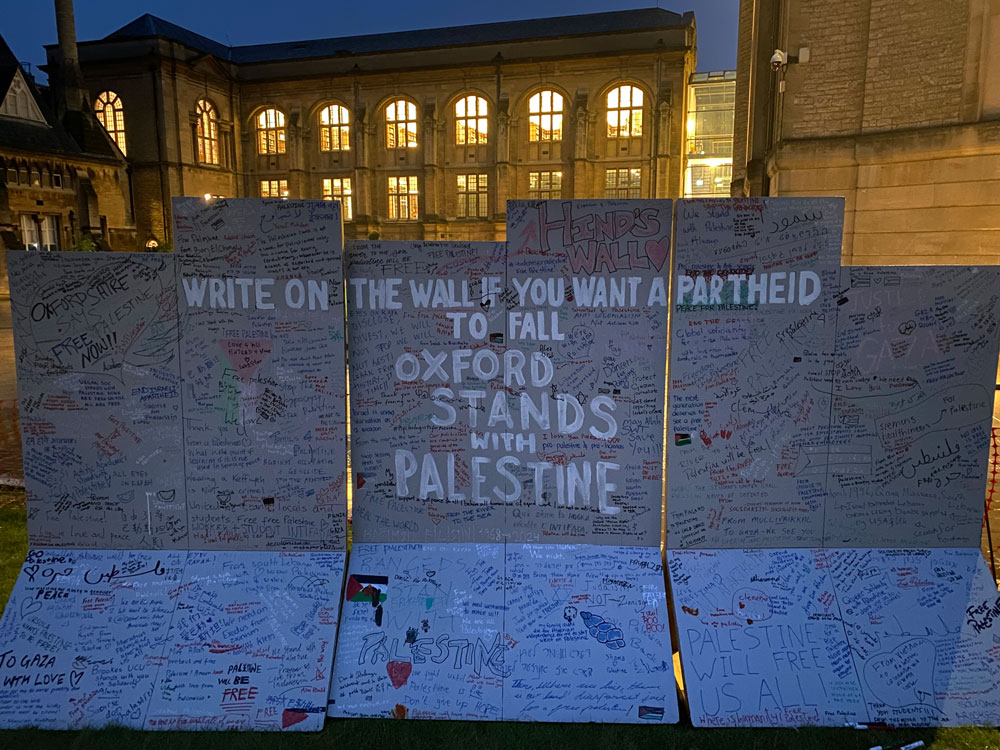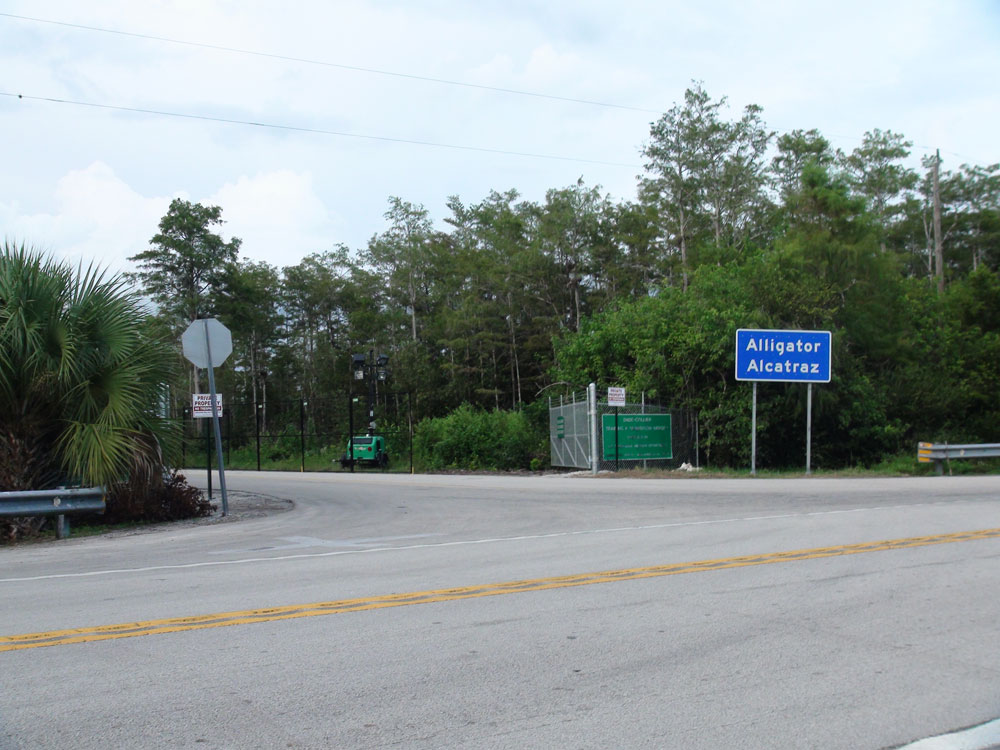By Benslama-Dabdoub Malak
If Israel doesn’t take action to stop the terrible situation in Gaza, the UK will formally recognize the state of Palestine in September. The UK would recognize Palestine unless Israel agreed to a ceasefire, agreed to a long-term sustainable peace, permitted the UN to resume humanitarian aid, and made it clear that there would be no annexations in the West Bank, according to a statement released by Downing Street following an emergency cabinet meeting.
The statement also restated the United Kingdom’s demand that Hamas disarm, accept a ceasefire, release all remaining Israeli hostages, and halt all further involvement in Gaza’s governance.
Following French President Emmanuel Macron’s July 24 commitment to formally recognize Palestinian statehood in September, the UK has taken this action. France and the UK would be the first G7 nations and the first UN Security Council members to recognize the state of Palestine if this were to be implemented.
Statehood recognition is more than just a formality. Before an entity may be recognized as a sovereign state, it must meet a number of requirements set down by the Montevideo Convention of 1933. These are the capacity to manage foreign relations, a permanent population, a demarcated area, and an efficient administration.
Formal diplomatic relations are established by the signing of bilateral treaties, the opening of embassies, and the exchange of ambassadors. Additionally, recognition gives the acknowledged state access to specific privileges within international organizations. Such recognition will help the Palestinians get more international backing and bolster their claim to sovereignty.
The UK and France’s decision is important. The US and EU have long shaped the western consensus that any recognition of Palestinian statehood must be postponed until after final-status discussions. This is a departure from that consensus. The action also reflects mounting dissatisfaction in several European countries with the continued violence in Gaza and the breakdown of peace negotiations over the previous 20 years.
However, there are still unanswered questions: what exactly does this recognition mean? Will it affect Palestinians’ living conditions on the ground? Is it mostly symbolic, instead?
The governments of France and Britain have not yet provided information on whether or not recognition will be followed by specific actions. No sanctions against Israel have been mentioned, no signs of stopping military exports have been made, and no promises of more humanitarian aid or support for Palestinian government institutions have been made. The commitments don’t seem to change Israel’s important military and economic ties with France and the UK.
Furthermore, this is not the first time that Western nations have publicly endorsed Palestinian statehood. In 2014, Sweden became the first nation in western Europe to recognize the state of Palestine. In 2024, Spain came in second.
Both actions, meanwhile, were mostly symbolic and had little effect on the political or humanitarian circumstances that existed at the time. The danger is that if nothing is done, acknowledgment will just become a token gesture.
Macron’s emphasis on a demilitarized Palestinian state coexisting peacefully and securely alongside Israel also caused some people to take notice of his remarks. Although diplomatic conversation frequently uses such rhetoric, it also conveys a deeper tension.
The right to defend themselves against occupation is part of the Palestinians’ long-standing claim to self-determination. Critics frequently view calls for demilitarization as a continuation of the current situation, in which security issues are nearly always presented in terms of Israeli requirements.
Some experts have cautioned that recognition of this type runs the risk of formalizing a state in name only—a fragmented, non-sovereign organization without control over its borders, resources, or defense—in the absence of a true political process. Statehood might remain a theoretical idea in the absence of assurances about freedom of movement, an end to the growth of Israeli settlements, and territorial continuity.
What would meaningful support look like?
The UK and France have alternatives if they wish to move beyond symbolism. They could demand an impartial international probe into suspected war crimes or halt the shipment of weapons to Israel. They may demand more accountability for the siege of Gaza and illegal settlements by using their clout on the international front. They could also interact with Palestinian civic society and provide direct support to Palestinian institutions.
In the absence of these actions, recognition runs the risk of being perceived more as a political statement than a change in policy. Diplomatic declarations by themselves won’t alter the everyday reality of occupation, displacement, and embargo for Palestinians. Many contend that support for justice, rights, and meaningful sovereignty is equally as important as recognition.
A change in diplomatic tone and a wider dissatisfaction with the Middle East’s current state of affairs are reflected in France and the UK’s pledged recognition of Palestine. It has sparked discussions both domestically and internationally and increased hopes among those who want stronger international involvement in the conflict.
It will be interesting to observe if this acknowledgment results in significant policy or situational changes. The UK and France’s future actions at the UN and in their economic, security, and humanitarian initiatives will have a significant impact.
![]()
Malak Benslama-Dabdoub teaches law at the University of London’s Royal Holloway.







